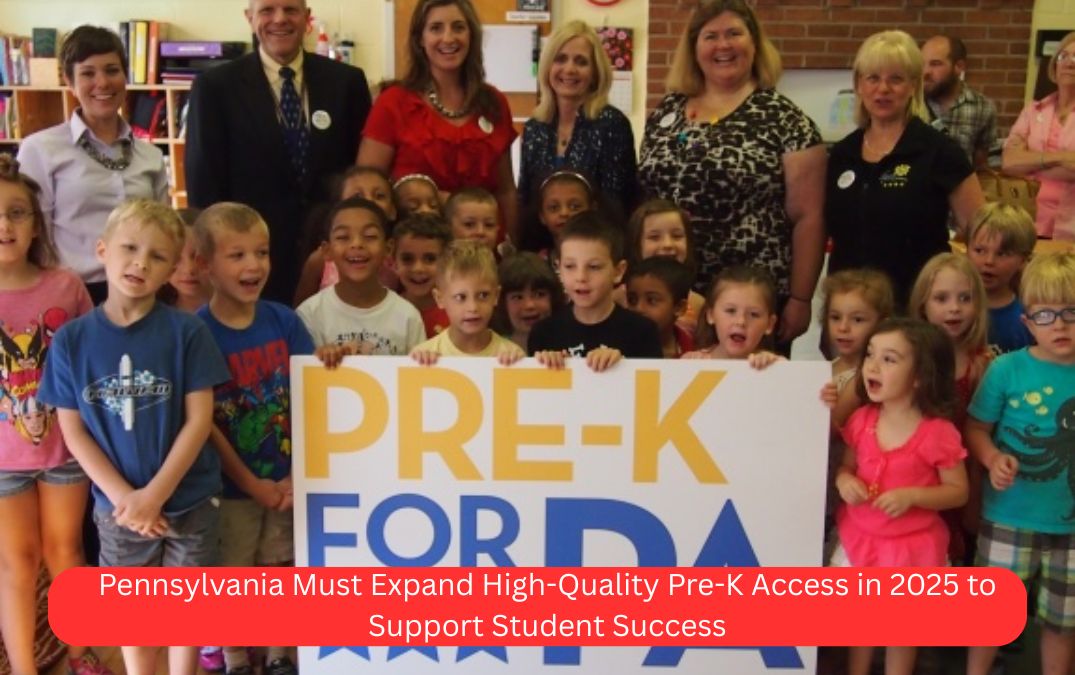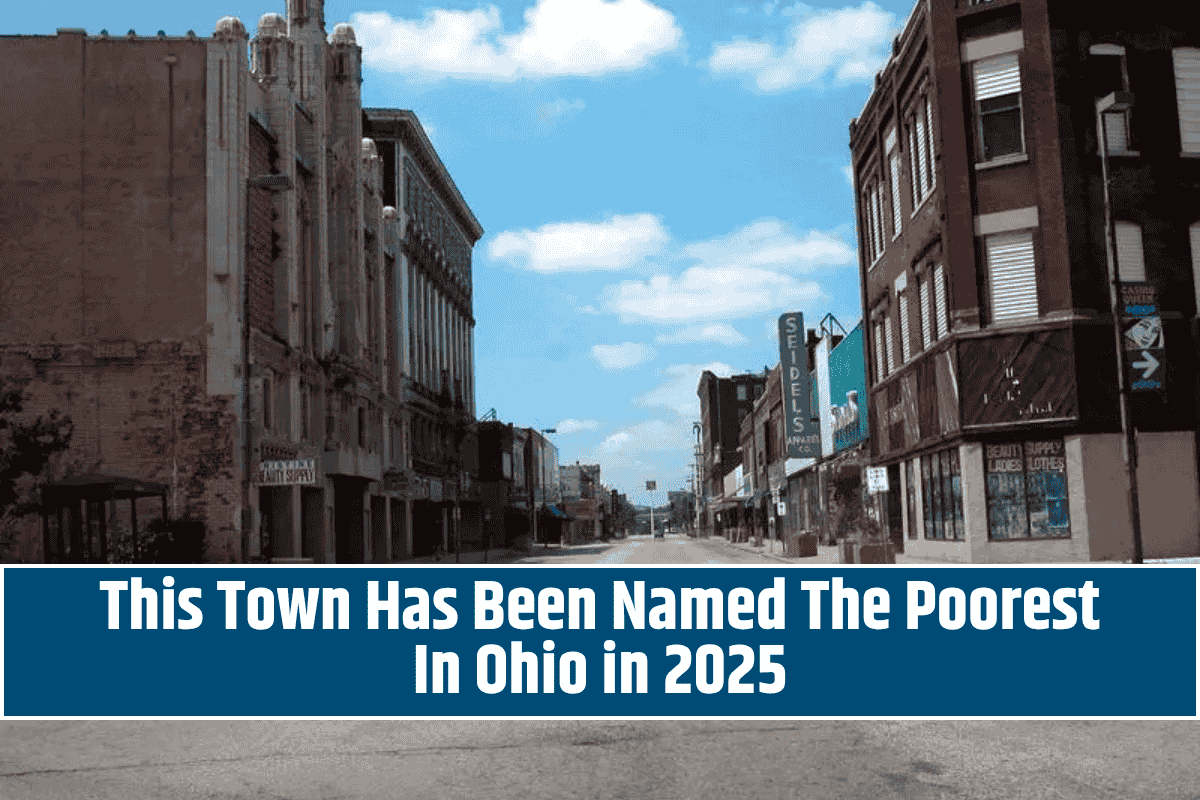Access to high-quality early childhood education is one of the strongest indicators of future academic success. Yet, in Pennsylvania, too many children are starting school without this critical foundation — putting them at a lifelong disadvantage.
Educators and advocates are now urging the state to increase investment in universal pre-K and provide better support for early childhood educators.
What Happened
A long-time Pennsylvania educator shared a firsthand comparison between two kindergarten students — one who attended pre-K and one who did not.
The stark differences in confidence, literacy skills, and participation highlighted the urgent need for expanded access to early childhood education across the state.
Key Details
According to the 2024 State of Early Care and Education report, only 46% of eligible 3- and 4-year-olds in Pennsylvania are enrolled in high-quality, publicly funded pre-K programs.
This means over half of the state’s youngest learners, many from socioeconomically disadvantaged backgrounds, are missing out on a strong educational start.
The disparity was evident in a teacher’s experience with two students — Raymond, who attended Head Start pre-K, and Frank, who had not. Raymond entered kindergarten confident, socially ready, and academically prepared. Frank struggled with basic skills like writing his name and recognizing letters.
Reactions or Statements
Educators emphasize that early learning plays a crucial role in brain development and long-term academic outcomes.
Experts are advocating for Pennsylvania to follow the lead of six other states and the District of Columbia that have implemented universal pre-K programs.
They also call for fair compensation for early childhood educators. Preschool teachers in Pennsylvania earn an average of $34,430 annually — far less than the $68,250 average salary of kindergarten teachers, despite similar credentials and responsibilities.
What’s Next
Governor Josh Shapiro’s 2025 budget proposal includes a $55 million investment in child care workforce recruitment and retention.
This funding would provide eligible early childhood educators with a $1,000 salary boost — a critical step toward keeping qualified professionals in the classroom.
Advocates are urging the Pennsylvania General Assembly to support this proposal and push for broader reforms in early childhood education access and pay equity.
FAQs
Why is early childhood education important?
Early learning supports critical brain development and helps children build the skills they need for long-term academic success.
How many Pennsylvania children are missing out on pre-K?
More than 50% of eligible children aged 3–4 are not enrolled in high-quality, publicly funded pre-K programs.
What is Governor Shapiro proposing?
A $55 million investment to support recruitment and retention of early childhood educators, including $1,000 grants per eligible teacher.
Why is pay equity important for early childhood educators?
Competitive salaries help retain skilled professionals in pre-K classrooms, ensuring consistent and high-quality education.
Which states already offer universal pre-K?
As of 2024, six states and the District of Columbia have implemented universal pre-K programs.
Summary / Final Takeaway
Pennsylvania has the opportunity — and responsibility — to invest in the future of its children by expanding access to high-quality pre-K and ensuring fair wages for early childhood educators.
Doing so will help close achievement gaps, strengthen the state’s workforce, and give every child, like Frank, a fair chance at success.












